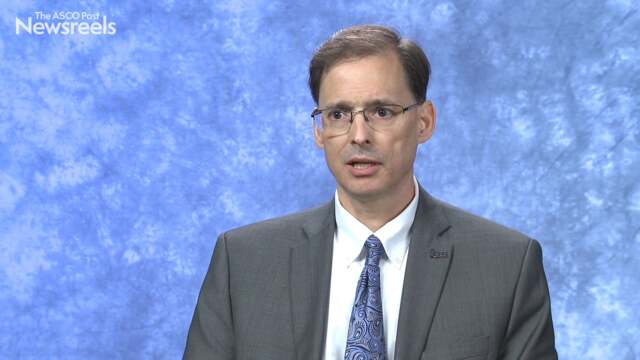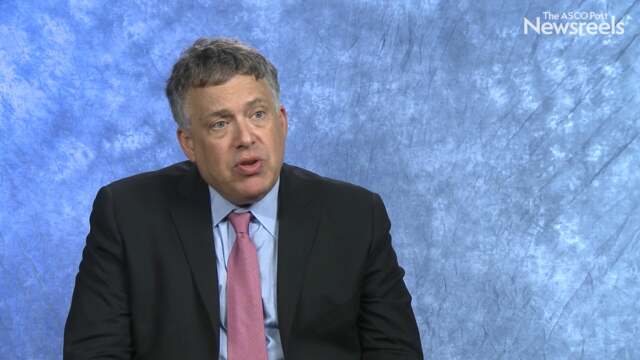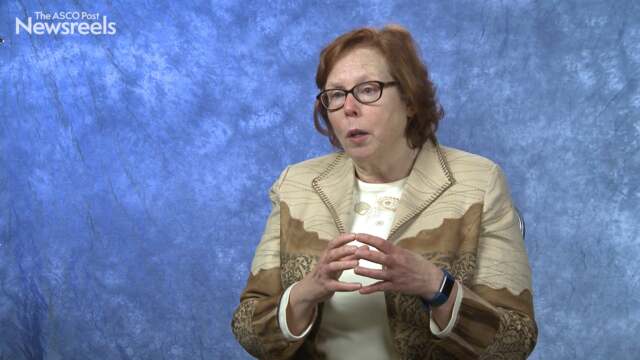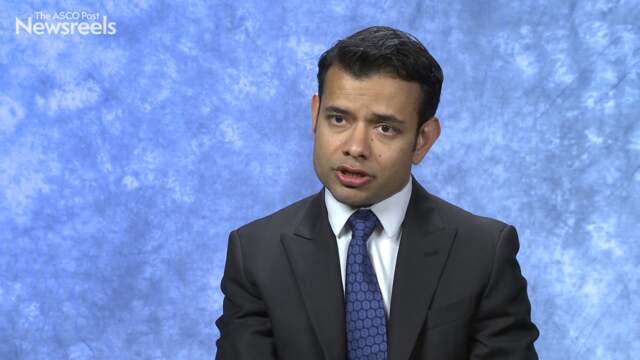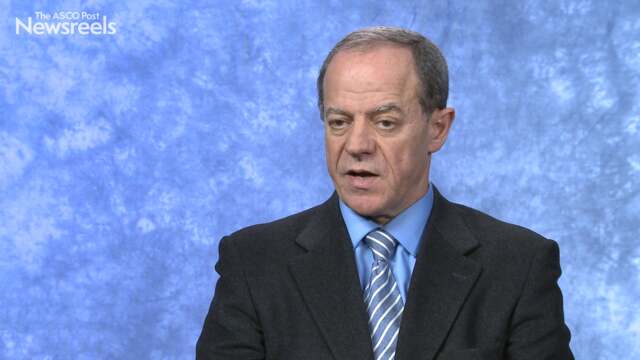Ann W. Silk, MD, and Katy K. Tsai, MD: Meeting Highlights
2018 ASCO-SITC Clinical Immuno-Oncology Symposium
Ann W. Silk, MD, of the Rutgers Cancer Institute of New Jersey, and Katy K. Tsai, MD, of the University of California, San Francisco, who are Co-Chairs of the Clinical Immuno-Oncology Symposium, discuss highlights of the meeting and progress in the field.
James L. Gulley, MD, PhD, of the National Cancer Institute, discusses combined treatment approaches showing early evidence of clinical activity: agents such as vaccines or PARP inhibitors that can initiate an immune response, paired with agents such as checkpoint inhibitors that can facilitate the activity of tumor-directed immune cells.
Roy S. Herbst, MD, PhD, of the Yale School of Medicine, summarizes a session that included discussion of the mechanisms of immunotherapies, biomarkers for activity of these agents, overcoming resistance, and using treatment combinations.
Mary L. Disis, MD, of the University of Washington, discusses innate and adaptive immune system cells, T cells as key to mediating antitumor immunity, and the mechanisms by which cancer evades the immune system.
Sumanta K. Pal, MD, of the City of Hope, discusses immunotherapy as a front-line treatment for kidney cancer and the strategy of VEGF blockade with immunotherapy, which is emerging as a possible treatment modality.
Joaquim Bellmunt, MD, PhD, of Dana-Farber Cancer Institute, discusses refining treatment choices with new combinations and sequencing strategies.
